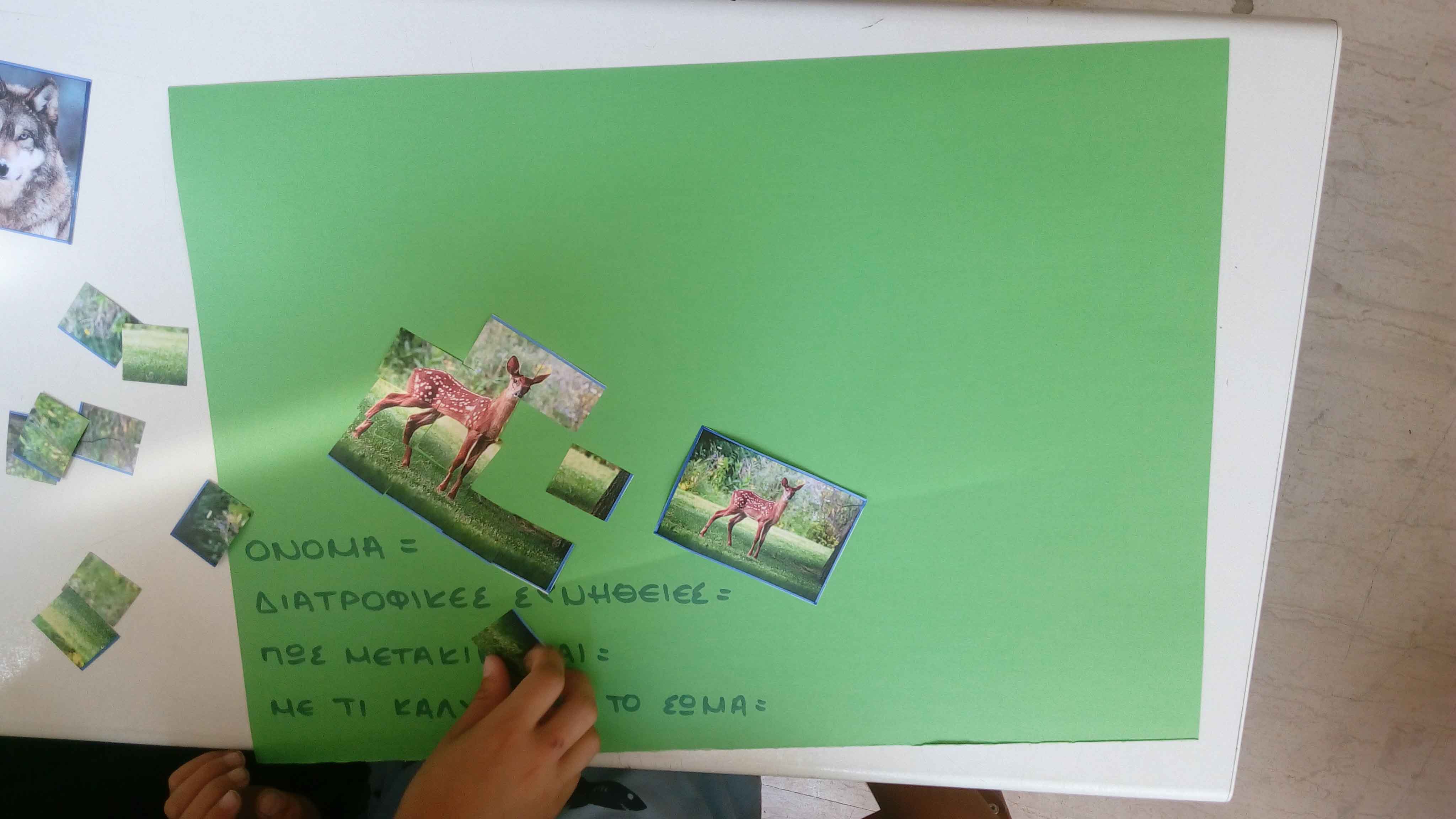Introducing computational thinking unplugged in early childhood education
In the contemporary digital era, introducing computational thinking concepts has been designated
as an imperative need at all stages of schooling, since it is inextricably linked to skills applicable
and beneficial in everyday life. This paper presents a novel educational technique that aims to foster
the growth of computational thinking at early childhood stages, within the context of physical and natural science
courses. The technique pursues the unplugged philosophy and follows the principles of game-based, project-based
and collaborative learning. It is designed to be simple and engaging. The simplicity is achieved through activities
that are appropriate for the age of the target group and can be easily understood after a short explanation.
The engaging character of the approach is based on the attractive and playful nature of the educational activities.
Moreover, collaborative creativity is cultivated as children are motivated to work in groups in order to reach
a common goal (Anastasiades, 2017). Indeed, students become active in an educational environment that assures
the mutuality between the members of a group and focuses on the exchange of ideas and the negotiation of perceptions,
while students examine a common subject (Glaveanu, 2011).
The most noteworthy characteristic of the proposed educational approach is that children get familiar with
basic computational thinking concepts, even though no specific reference is made to them.
A pilot study conducted in a second grade classroom in a primary school of Heraklion in Crete, in May 2018. The results stemming
from the pilot are very promising and reveal that the proposed approach serves our goal to enhance
computational thinking at first stages of schooling, through engaging and fun educational activities.




